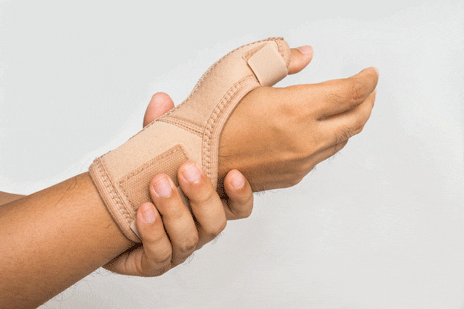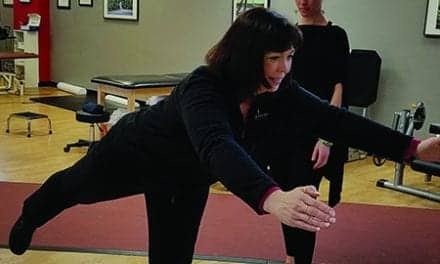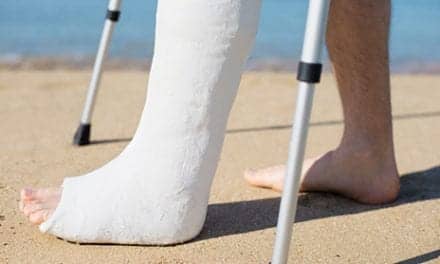According to Swiss researchers in their new study, human fetal projector tenocytes (hFPT) may be able to stimulate tendon regeneration to help repair tendon injuries.
In the study, published recently in Cell Transplantation, the research team developed the optimal culturing and storage procedures for hFPTs so they could be used for tendon regeneration, per a news release from Cell Transplantation Center of Excellence for Aging and Brain Repair.
The release explains that tendon injuries to wrists, knees, elbows and rotator cuffs, especially those acquired while engaging in sports, are not easily healed due to the fibrous nature of tendon tissues which transmit forces from muscle to bone and protect surrounding tissues against tension and compression. These types of injuries, which the release notes occur often from overuse, are becoming increasingly common.
“Tendon healing is always a long process,” says study co-author Lee Ann Laurent-Applegate, PhD, of the University Hospital of Lausanne’s Department of Musculoskeletal Medicine, Switzerland, in the release.
“The healing process is not perfect and the natural structure is often never attained again. The scar tissue and adhesions remain and can lead to decreased mobility and rupture,” she continues.
According to the researchers, the release explains, their co-culture model demonstrated that hFPTs could stimulate adult tenocytes and that an increase in their activity could potentially accelerate the regenerative process. In addition, previous studies have indicated that transplanted hFTPs could potentially provide healing without scars with the absence of fibrotic tissue.
An in vivo study to show safety and efficacy would be the next step to bring this cell therapy closer to the clinic, the team concludes, per the release.
“The ability of hFPTs to stimulate the activity of adult tenocytes is of importance as it could lead to a more rapid healing process,” the authors write in their study, per the release.
“The in vivo model chosen for further evaluation should also allow researchers to determine whether rapid regenerative healing without scarring could be attained, while assuring safety and that no immune reaction would be elicited by these particular banked fetal progenitor tenocytes.”
[Source(s): Cell Transplantation Center of Excellence for Aging and Brain Repair, EurekAlert]





